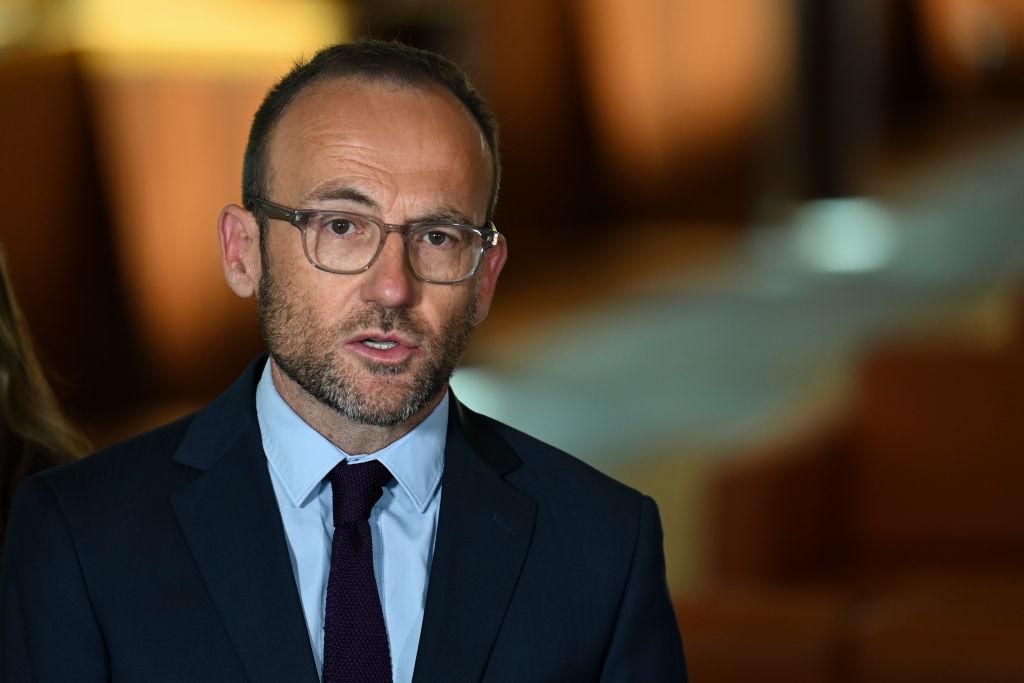The Australian Greens want the federal government to turn back the clock and become a net provider of essential services in the Australian energy industry, with party leader Adam Bandt decrying the private ownership of the energy sector.
Bandt, during his address to the National Press Club, said that Australia needed large-scale public investment in the sector to drive the national transition to renewable energy sources.




